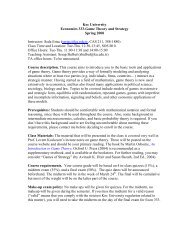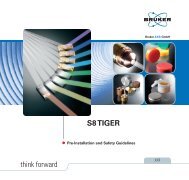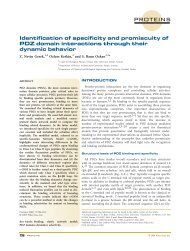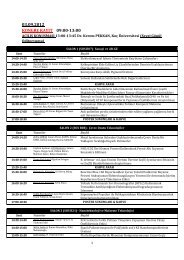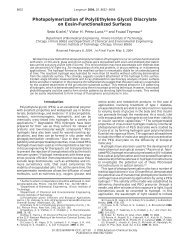Harvard Center for Textile & Apparel Research
Harvard Center for Textile & Apparel Research
Harvard Center for Textile & Apparel Research
Create successful ePaper yourself
Turn your PDF publications into a flip-book with our unique Google optimized e-Paper software.
B.Tan Overview of the Turkish <strong>Textile</strong> and <strong>Apparel</strong> Industry 46<br />
Marine transportation is also available from some authorized and equipped harbors.<br />
However, truck transportation is preferred over marine transportation <strong>for</strong> the European<br />
destinations due to its flexibility, availability, cost, and ease of arrangements. However, <strong>for</strong><br />
the United States, marine transportation is the preferred mode of transportation. On the<br />
average, it takes 16 days <strong>for</strong> a ship to deliver to the United States. As a result of increasing<br />
exports to the US market, a direct ship service to the United States has started recently. It<br />
takes 10 days to deliver by using this service.<br />
7.4. 7.4. Flexibility Flexibility and and Quality<br />
Quality<br />
There is no thorough study on the flexibility and quality of the Turkish textile and<br />
apparel industry. Especially, since the apparel industry is composed of thousands of<br />
small- to medium size companies, orders of different sizes, from very small to very large, can<br />
easily be accommodated by contracting some of the work outside or by adjusting the work<br />
hours when it is needed. Existing of a competitive textile industry also allows the fabric<br />
producers to adopt new models within a short time period and feed the apparel industry.<br />
It can be argued that as one of the major contractors of world brands, the textile and<br />
apparel industry accumulated knowledge and experience to produce quality products.<br />
Furthermore stringent end-product quality standards of the buyers and also the<br />
requirements of European Union on process quality, e.g., ISO 9000 standard, had a positive<br />
impact on the quality of the products produced.<br />
Continuing export-oriented production also increased the source of skillful workers.<br />
However, the supply of white-collar employees including qualified managers, engineers,<br />
designers, etc. is still limited.<br />
In addition, the production in Turkey complies with internationally accepted<br />
ecological standards and does not use harmful materials in dyeing. These standard are<br />
regulated by laws that are in accordance with the ones in the European Union.<br />
Furthermore Turkey meets social audit requirements.



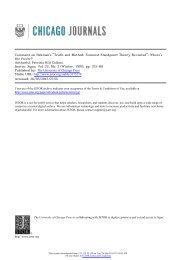
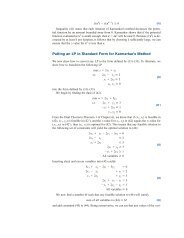
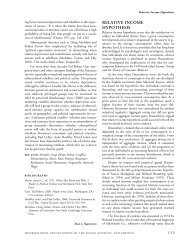
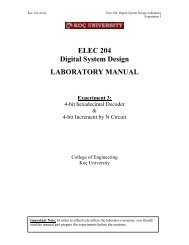
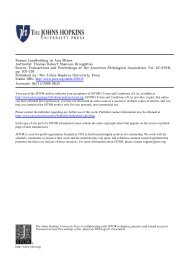
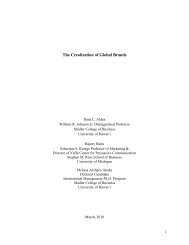
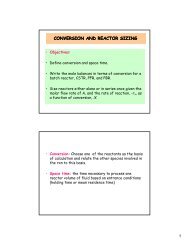
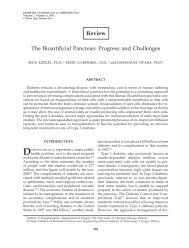
![]_[O](https://img.yumpu.com/10363126/1/190x138/-o.jpg?quality=85)
